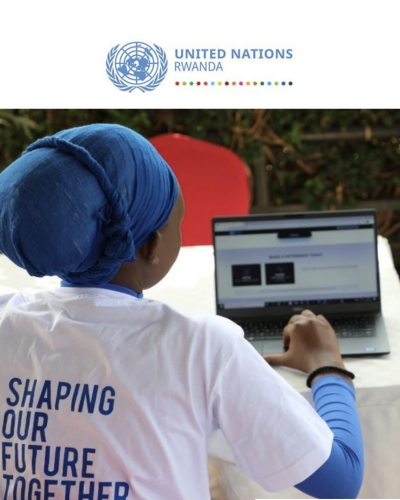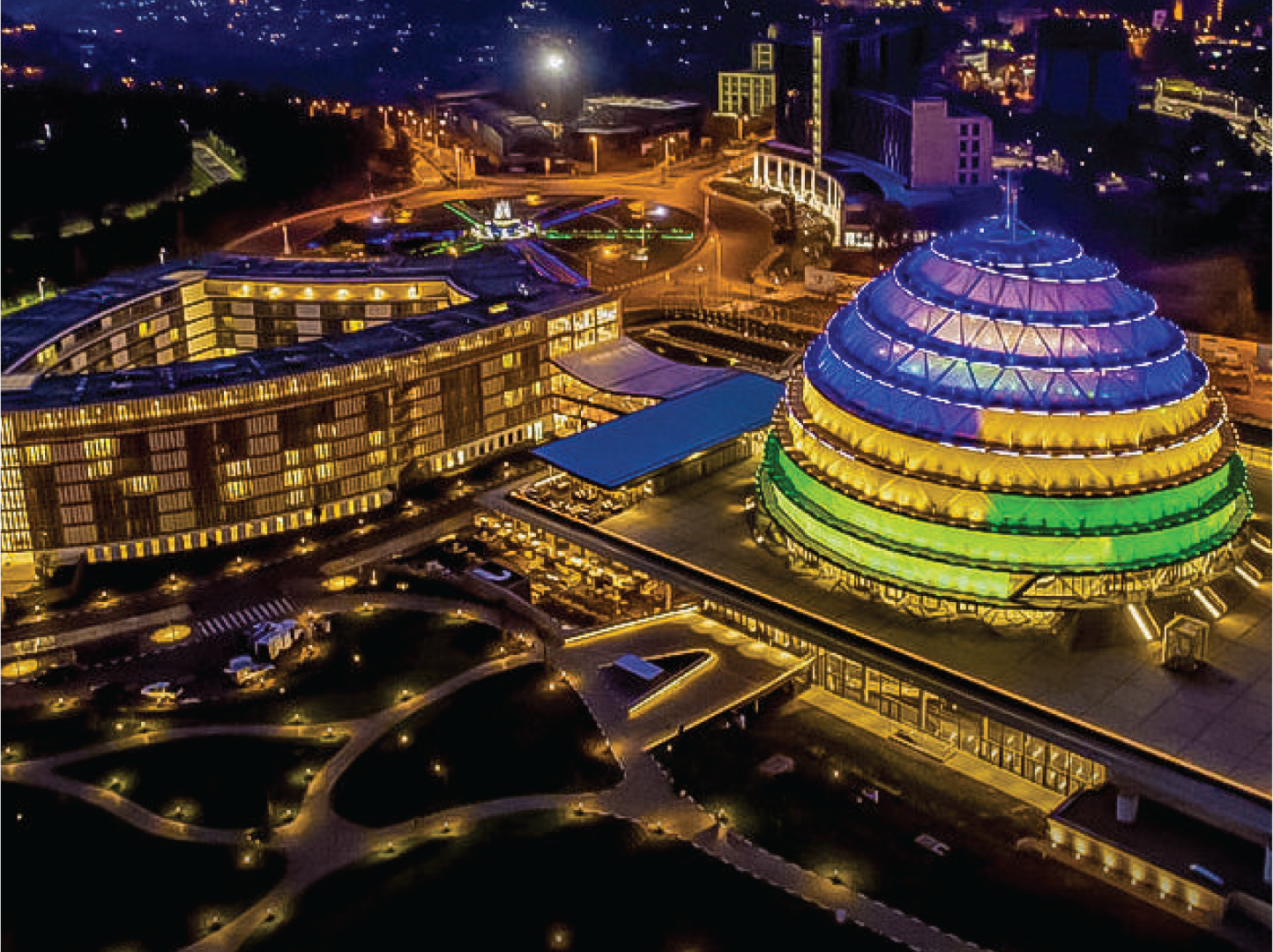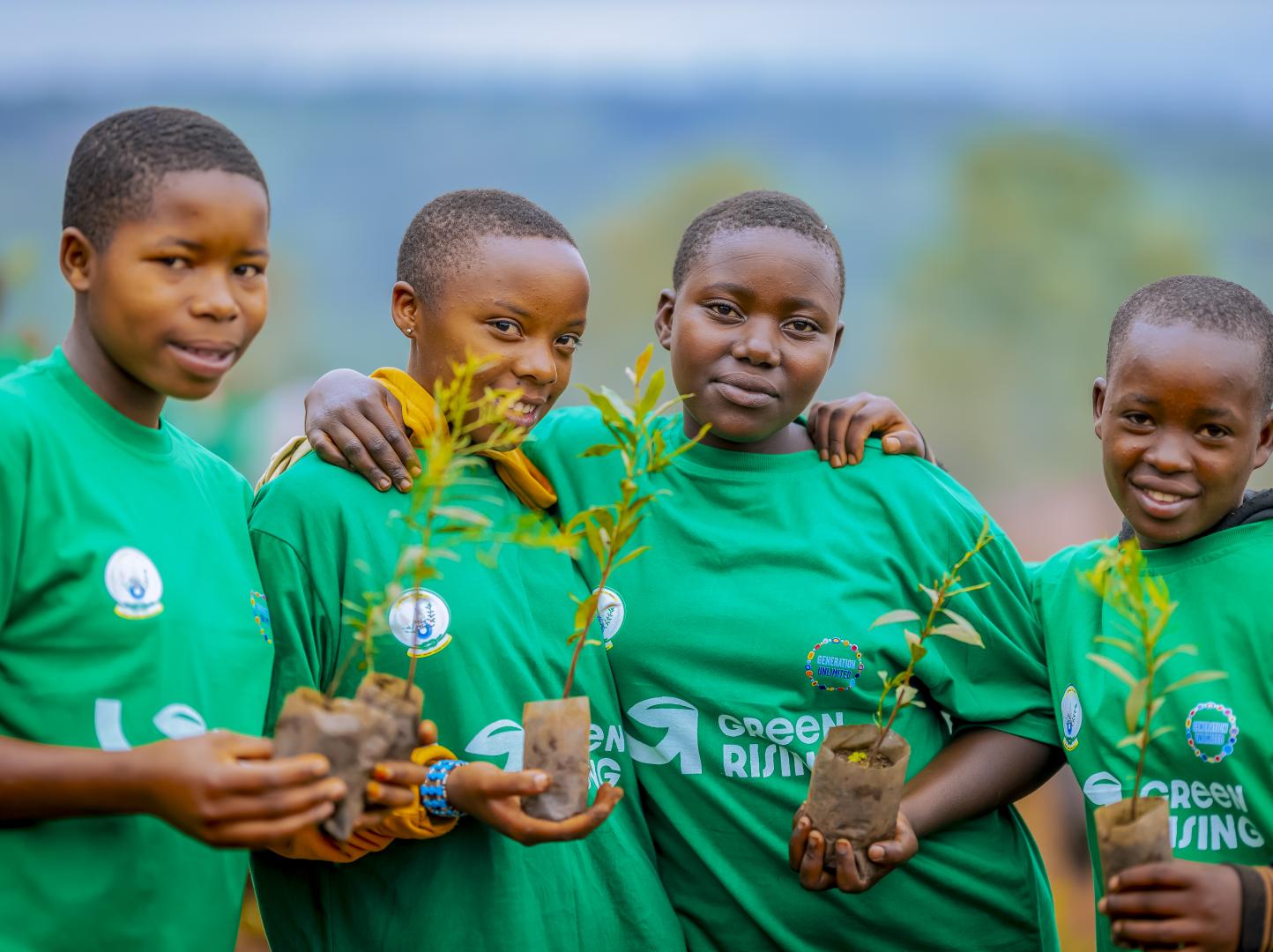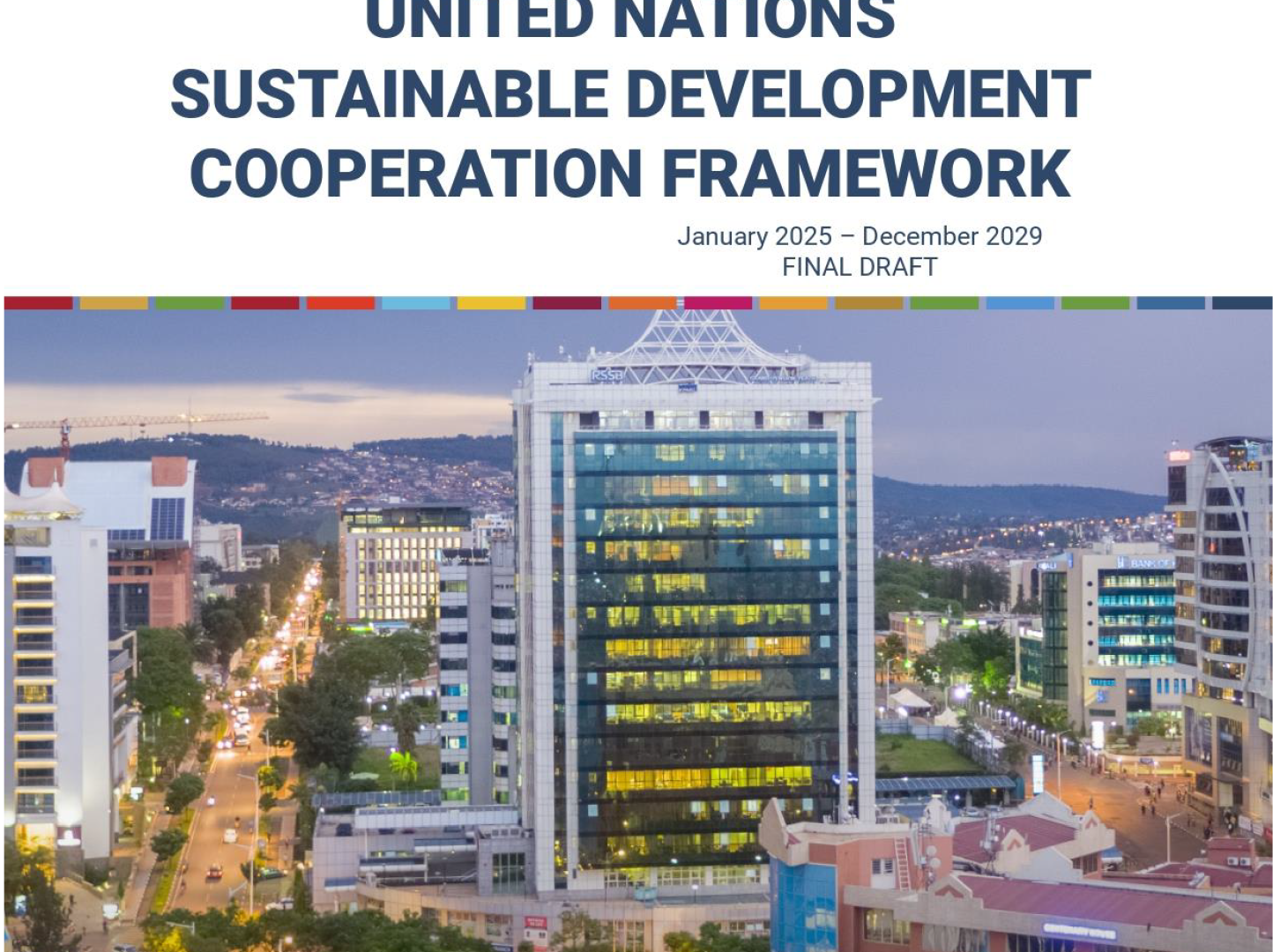RWANDA COMMON COUNTRY ANALYSIS 2021

On behalf of the UN Country Team of Rwanda, I am privileged to share this first new generation of Common Country Analysis (CCA), as guided by the UN reforms on repositioning the UN Development System (UNDS) to support countries deliver on the Agenda 2030 for sustainable development with the sense of scale and urgency in the Decade of Action.
The CCA is the UN’s independent, collective, integrated, forward-looking, and evidence-based country analysis. The descent of the COVID-19, health and socio-economic crisis has jeopardized and reversed development gains including people’s wellbeing. Countries, societies and individuals are struggling to find the right balance between preventive health measures and socio-economic consequences, in particular, for vulnerable people and informal sector workers. It is worth mentioning that Rwanda has been cited worldwide as a good example in the fight against this pandemic. Before the COVID-19 pandemic, Rwanda was heading towards the vision 2050 goals of becoming an UpperMiddle Income country by 2035, and a High-Income Country by 2050.
For two decades Rwanda has undergone many reforms, institutions and systems building, changes in policies and strategies, which have contributed to the country’s economic, social and governance transformation. Rwanda has made impressive economic and social progress, with growth averaging 7.5 percent while per capita GDP has more than doubled from US$404 to US$818 in just the last 10 years. Whilst sustained economic growth has lifted more than one million people out of poverty. Of course, the country needs to improve on inclusive growth that could create more wealth for the majority, better tackle poverty and inequalities. This CCA assesses factors affecting the lives and livelihoods of women, men, girls and boys, and addresses historical, current and emerging social, economic, disaster and environmental risks—and the impact of COVID-19 across sectors.
The report analyses how some groups may be more vulnerable than others or are at risk of being left behind. In the context of COVID-19, the report gives some elements to be considered for building back in a better, greener, more inclusive, more resilient and responsive to shocks, gender-responsive and sustainable manner. The CCA also examines aspects of development, peace and security, human rights and, where relevant, humanitarian pillars of the UN system.
The CCA is informed by listening to a variety of voices and institutions, reviewing various documents on Rwanda, including the Voluntary National Review (VNR), the Universal Periodic Review (UPR), the Vision 2050, the National Strategy for Transformation (NST1 2017-2024), and carrying out an in-depth analysis. The UN hope that this CCA contributes to a better understanding of the country’s situation, to better shape its development and transformation aligned with the vision 2050 grounded on the sustainable development goals of the agenda 2030 and the African Union agenda 2063, for the benefit of the people of Rwanda and leaving no one behind.
It is clear that continued effective and efficient reforms of policies and strategies, strengthening institutions and systems, improving human capital, enhancing digitization and innovations, managing urbanization, building a stronger agriculture, protecting the environment and harnessing the green growth and better positioning the country in regional integration and AfCFTA, will be critical. This will contribute to creating more decent jobs for youth and women, in particular. This requires a more inclusive approach to decision making process with the private sector, CSOs, the media; innovative, blended and inclusive finance with wellfunctioning financial sectors accessible to MSMEs and the informal sector and promoting savings.
The findings of this report provide us also with an opportunity to be better informed on the strategic scope and nature of the UN Rwanda to ensure that we continue delivering on national priorities including in the fight against COVID-19 and the recovery, through the implementation of our Cooperation Framework. Let me express my sincere gratitude to all partners who provided their invaluable time, inputs and knowledge products to the CCA. I also commend the UN Rwanda team who has worked jointly to produce this report. This report should trigger more discussions and UN welcomes your comments.
Turi kumwe! We are together!
Fodé Ndiaye, UN Resident Coordinator




















